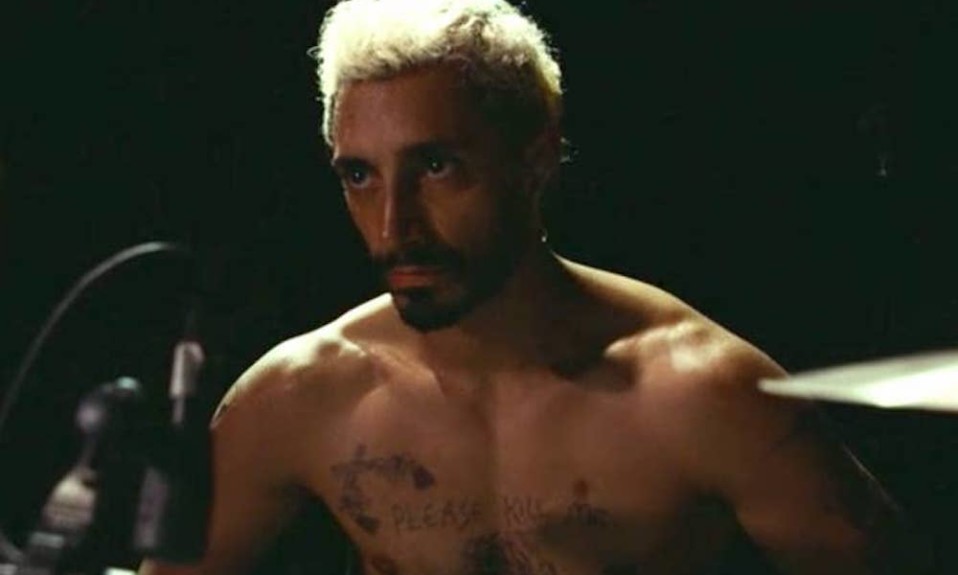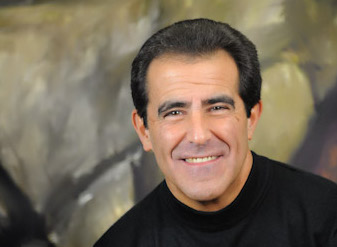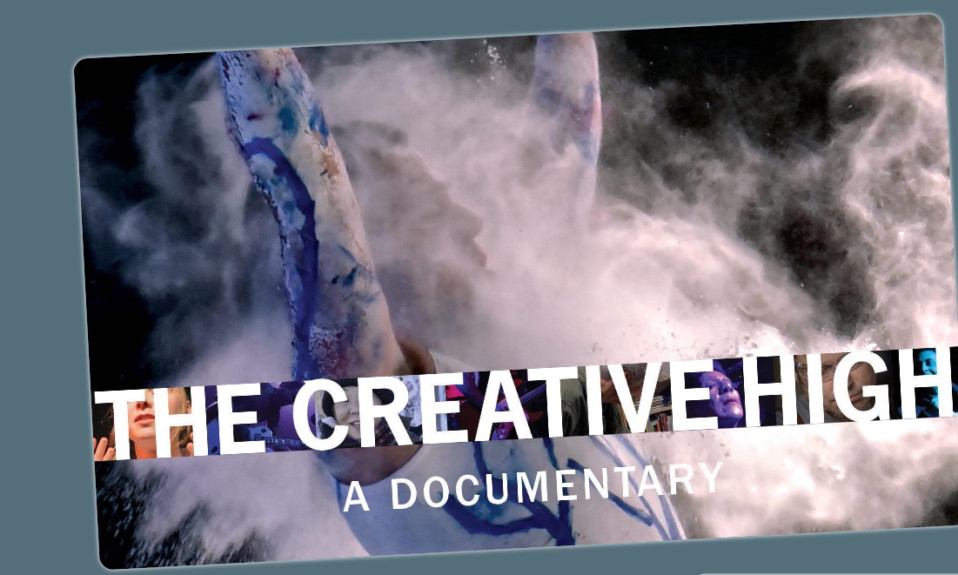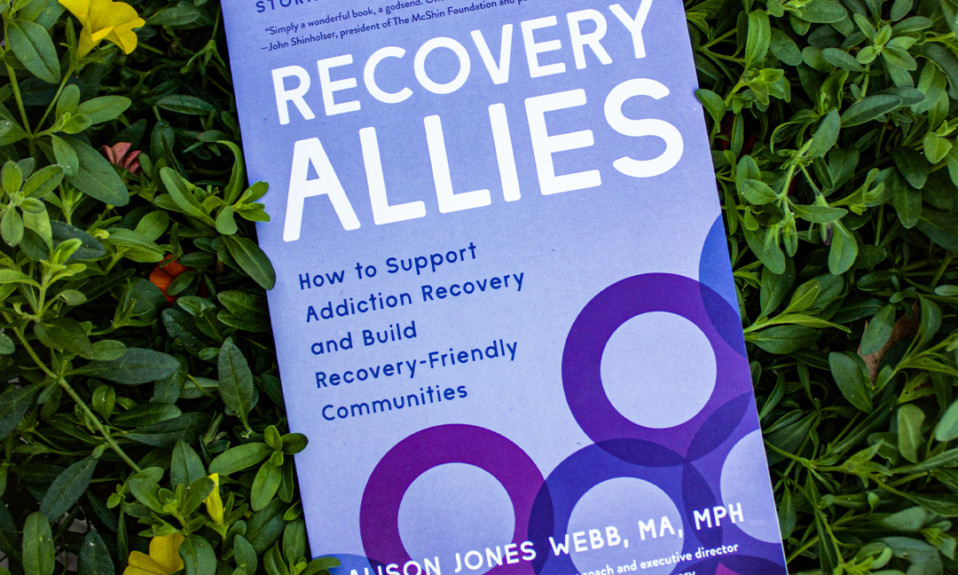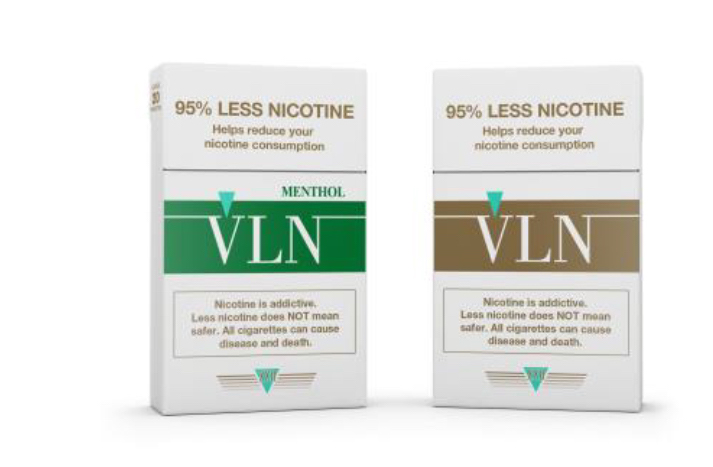The film, nominated for six Oscars, offers an honest, intelligently nuanced portrait of the difficulties and triumphs of battling substance misuse
By Jason Langendorf
March 16, 2021Hollywood has a nasty habit of glamorizing trauma and dumbing down complex real-life issues, and too often the film industry finds a way to do both at once. No surprise, then, that it usually trips over the topic of addiction.
There are movies that get plenty right—brilliant films such as The Basketball Diaries, Requiem for a Dream and Crazy Horse, which paint stark, smart portrayals of the dangers of substance use and at least allude to the importance of intervention and treatment. Yet even the strongest films that focus on addiction tend to be heavily stylized, leaning into high drama and leaving nuance on the cutting room floor.
The film is one of the most honest depictions of the highs, lows and extensive in-betweens of addiction recovery you’re ever likely to see on screen … a deeply emotional narrative driven by the subtle, terrified tension [Riz] Ahmed brings to his role.”
But Monday’s announcement of the nominees for next month’s 93rd annual Academy Awards—including six nods for the quietly intense Sound of Metal—may signal a shift in Hollywood’s business as usual. In addition to giving platforms to Riz Ahmed, the first Muslim nominated for Best Actor in a Leading Role, and Paul Raci, a Best Supporting Actor nominee and real-life child of deaf adults, the Amazon Studios drama is one of the most honest depictions of the highs, lows and extensive in-betweens of addiction recovery you’re ever likely to see on screen.
The Sound of Metal Story
Ahmed’s Ruben is a punk rock drummer and recovering heroin addict whose initial shock over his rapid hearing loss turns to fear—and soon desperation—as he realizes that his deteriorating condition threatens his entire way of life, including his relationship with his longtime girlfriend Lou (Olivia Cooke), the band’s singer. It’s a deeply emotional narrative driven by the subtle, terrified tension Ahmed brings to his role.
The fact that we never see Ruben fall back into substance use any deeper than returning to a cigarette habit—or that Lou, whom we’re led to believe is a recovering self-harmer, only goes so far as to once nervously scratch an imaginary itch—elevates the movie. We don’t need to witness either character spiral back into addiction to understand where they’ve been. This approach allows the viewer to focus on Ruben’s uncertainty, anxiety and despair as he copes with the loss of a key faculty, his own identity and the life he’d plotted out with Lou—all while trying to cling to his sobriety.
Raci, an actor recovering from addiction, offers a layered performance as Joe, the counselor at a rural shelter for deaf people in recovery who tries to help Ruben assimilate and accept his new circumstances. Joe’s compassion, understanding and acceptance—as well as his unwillingness to enable Ruben—are delivered with the perfect balance of warmth and restraint.
They also serve as the ideal subtext for Sound of Metal—and perhaps for addiction treatment itself: Even when the hoped-for happy ending is out of reach, with the right help a path to self-discovery and a fulfilling life don’t have to be.
Photo: Amazon Studios


